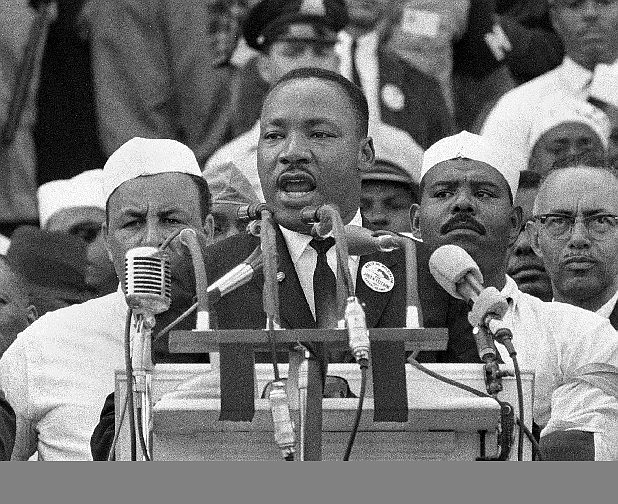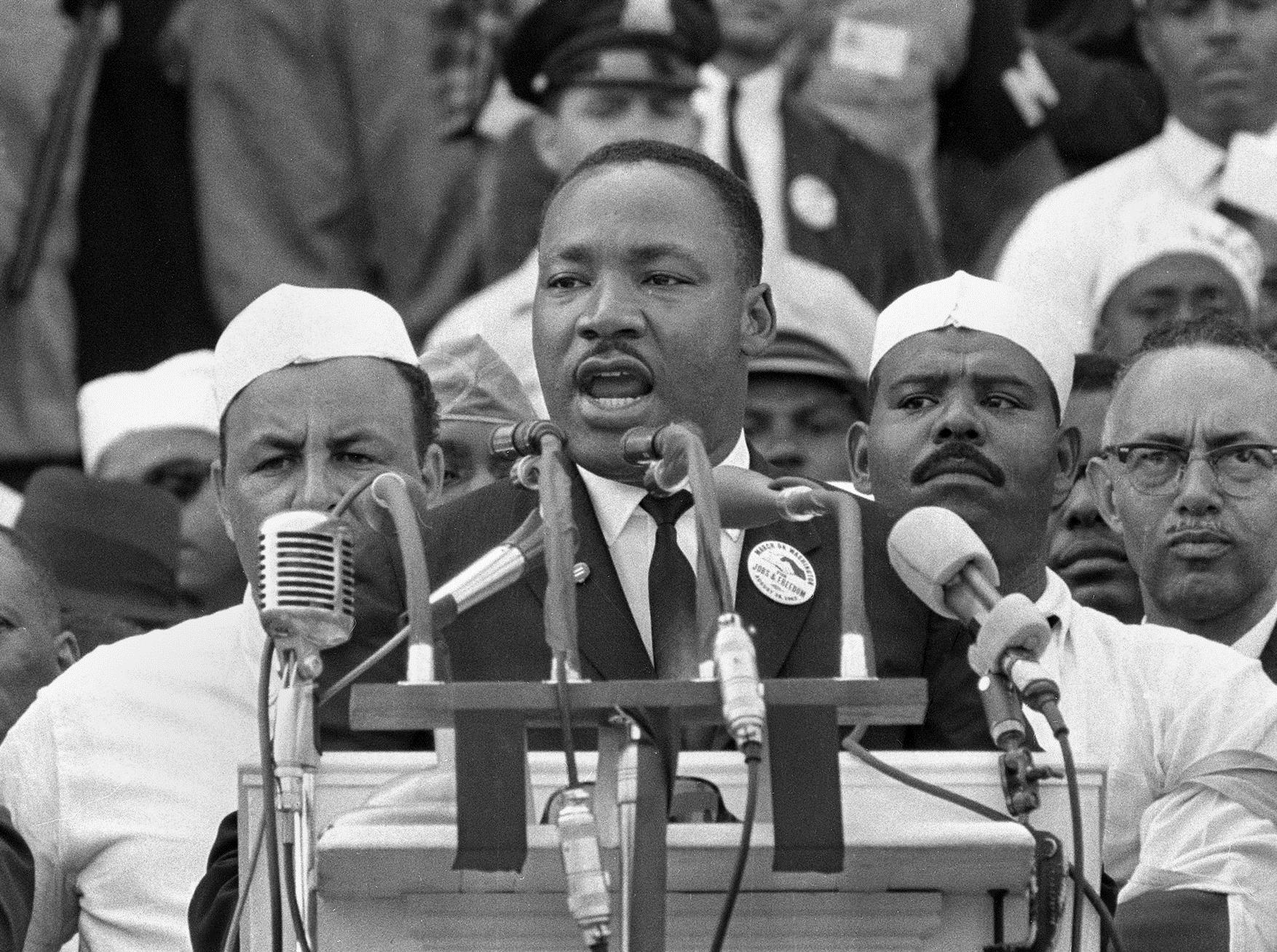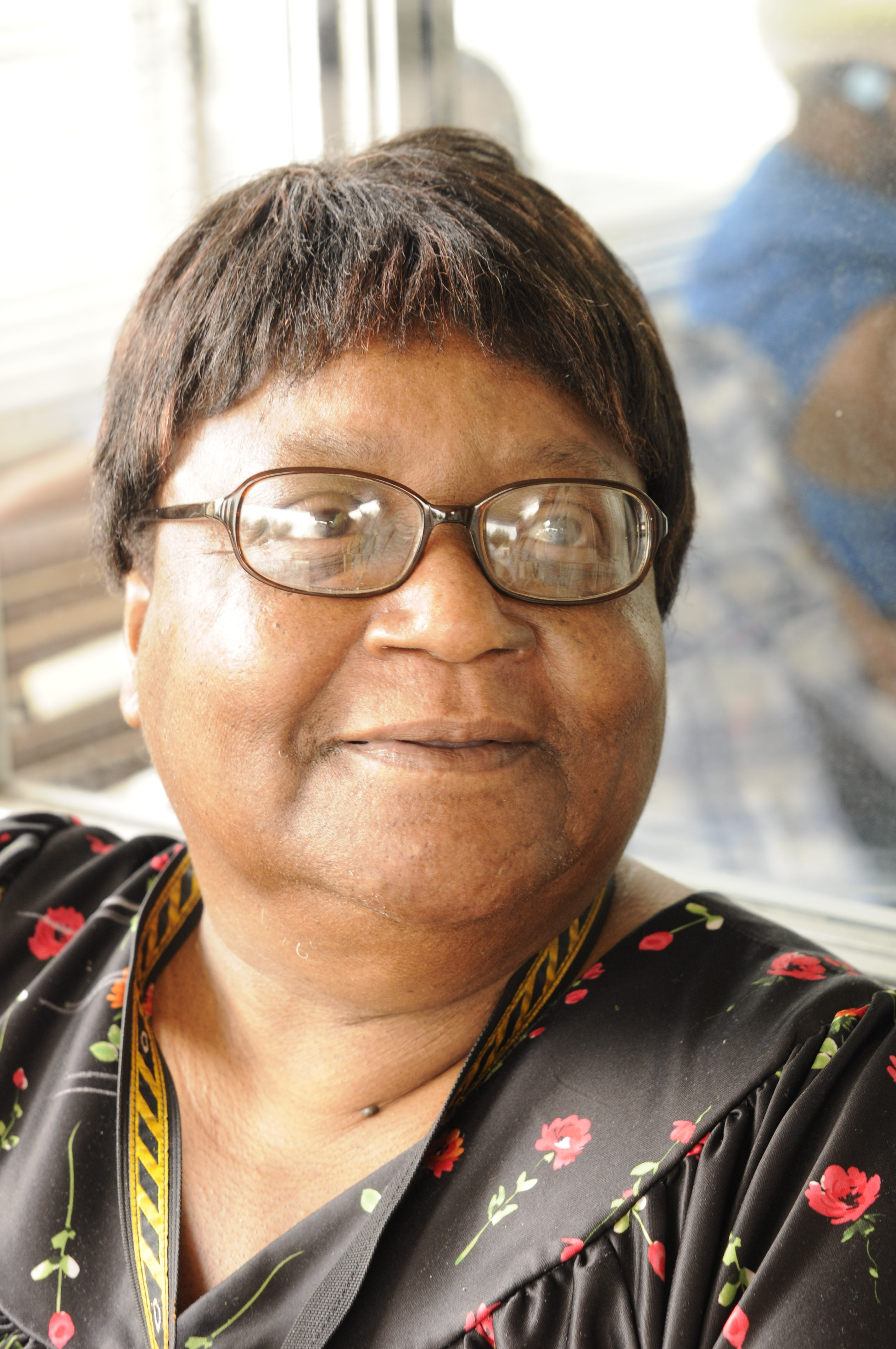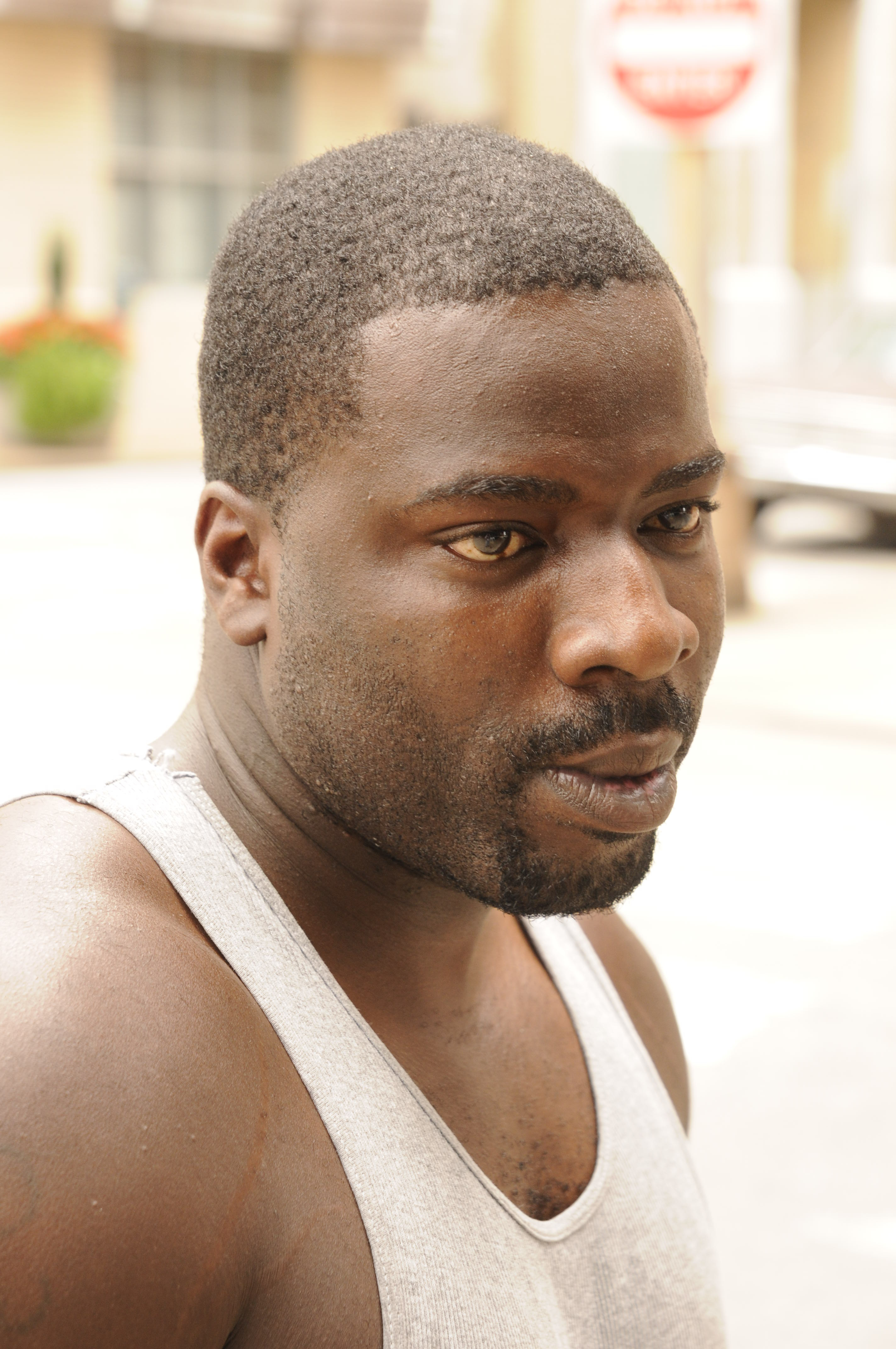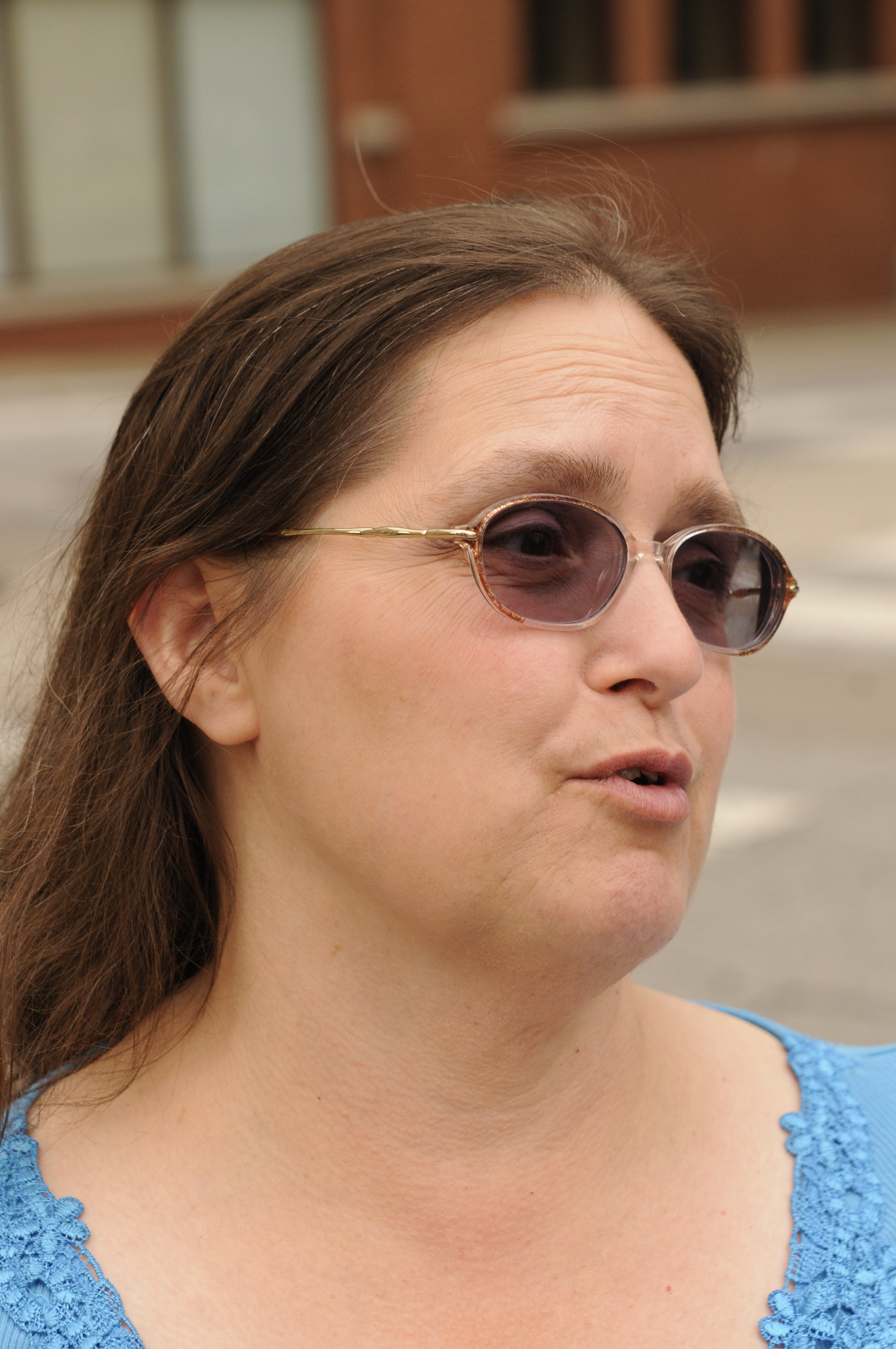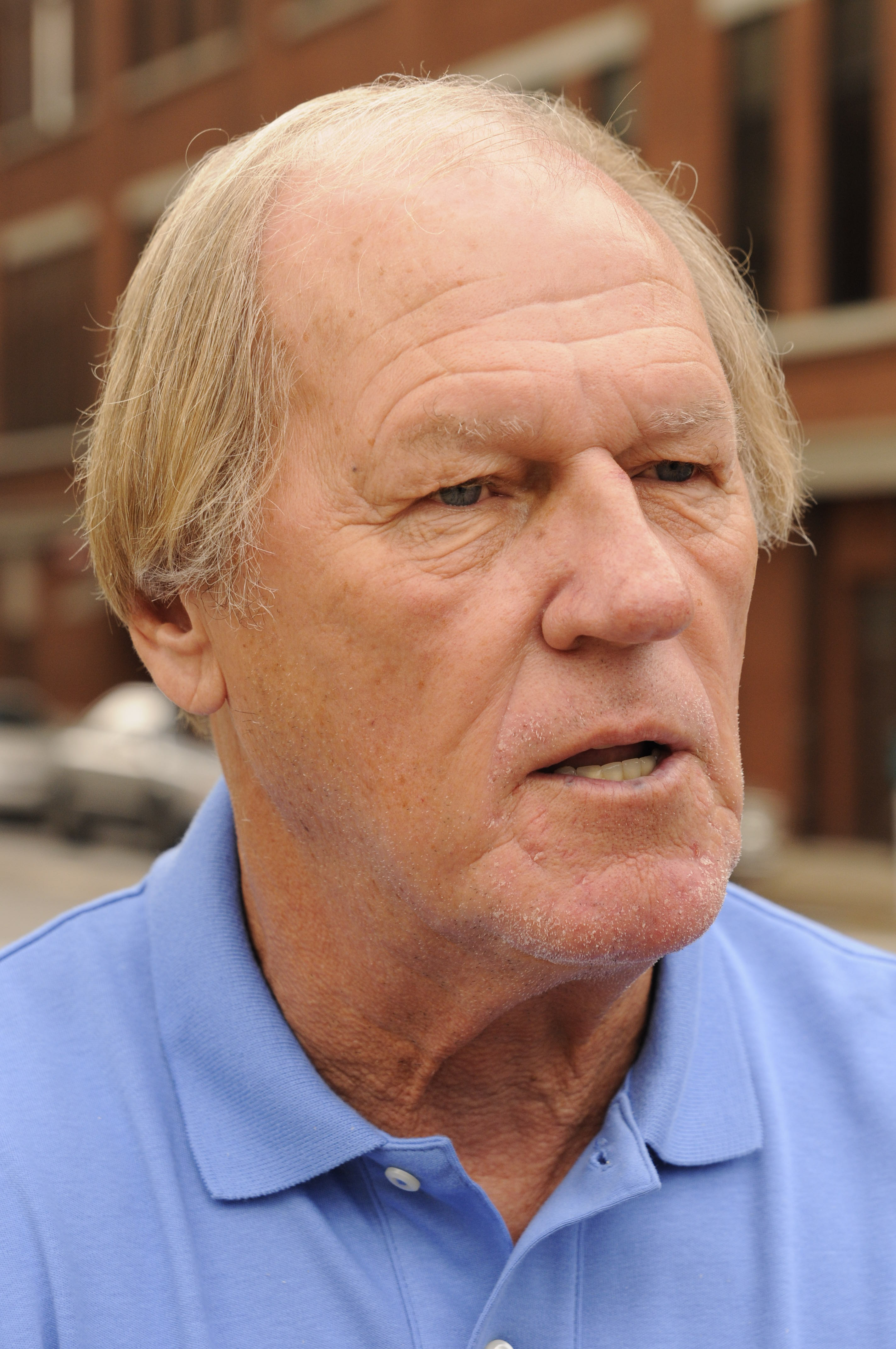THEN AND NOW1964• 25.7: Percentage of blacks age 25 and over who completed at least four years of high school.• 41.8: Poverty rate for blacks - 1966 is the closest year these statistics are available to the historic speech. Nationally, the poverty rate for all races was 14.7 percent.2012• 85: Percentage of blacks age 25 and over who completed at least four years of high school.• 27.6: Poverty rate for single-race blacks. Nationally, the poverty rate for all races was 15 percent.
By Michael Kanell and Ernie Suggs, Atlanta Constitution-Journal
The 50 years since the March on Washington have reshaped the economic landscape of America - for everyone.
For black Americans, the five decades since march organizers lifted up the twin goals of "jobs and freedom" have seen both impressive economic gains and painful disappointments.
The end of Jim Crow and legal segregation opened pathways to public-sector as well as corporate jobs - with many companies and governments embracing racial diversity. Millions of blacks surged out of poverty, with many achieving the middle class or even affluence.
Read more at the Atlanta Journal-Constitution's website, ajc.com.
Michael Kanell and Ernie Suggs write for The Atlanta Journal-Constitution. Email them at mkanell@ajc.com, esuggs@ajc.com
The state of King's dream
What locals are saying about America's drive toward Martin Luther King Jr.'s dream:
"We've got a black man in the head office. The dream has been fulfilled. We are right there where he said we'll get to."
- Tommie Patillo, 58, president of the Whiteside Faith Manor Resident Association
"Certainly things are more equal now. I'm excited about that. ... Everything is integrated, schools and all of that. They weren't back then. I mean if you are a minority you can get scholarships for colleges. That would not have happened ... back then."
- Sharon Parrish, 27, client manager at WinShape Wilderness in Rome, Ga.
"I think we're making it. You have to crawl before you can walk, but we've come a long way. He (Martin Luther King) started a good pace for people and made people realize what we need to do. We've got to work some to help ourselves, too. I have faith that the dream will be fulfilled."
- Juanita Willingham, 72
"There are areas where still non-equality exists, but overall as a nation and as a community, I think we've come a long way. I think we're striving for equality, maybe too much for equality. I think that could be a problem in the future where we try to please everyone. We're human and the more you try to please, for another type of group that might seem like they're being treated worse."
- Ty Stannard, 21, patient care tech at Siskin Hospital
"There is less racism. Folks make a greater attempt to associate themselves with other nationalities."
- Larry Pullum, 60. Was collecting cans. Said he works in recycling.
"There's a lot of things we're doing well, but I think we still have a long way to go. I was born and raised in (Ironton) Ohio and they still segregate up there. So when I came down here (in 1984), this was better. Up there the whites had their grocery stores and the blacks had their grocery stores."
- Sherri Willis, 52
"It's definitely better now than it was. More diversity. You see more mixed couples and they're not frowned on as much."
- Robert Fulton, 30. Said he's unemployed.
"We've come a long way. Obviously, according to the area we live in there are still some things we need to improve. At my age I remember back when all of the protesting in the Nashville area back when integration was taking place in a lot of the schools and so on. So I know how far we've come, but it still has a ways to go. ... I'm in the school business, I was in it. And it was just a big deal along the way even when you had black schools and white schools. And now it's no big deal. It's nothing and everybody just tries to get along."
- Ed Foster, 68, retired principal of Ooltewah High School
"Things aren't moving fast enough for minority people. In economics, we're far apart from our white counterparts. ... There is some progress, but in some areas it's still the same. See I don't have a job now. But I'm looking."
- Derek Gray, 51.
"We've come a long way. Everyone is trying to get to be equal. Black and white people are coming together as one. I see job opportunities opening up for people."
- Kerry Price, 49
Compiled by staff writer Yolanda Putman. Contact her at 423-757-6431 or yputman@timesfreepress.com.
